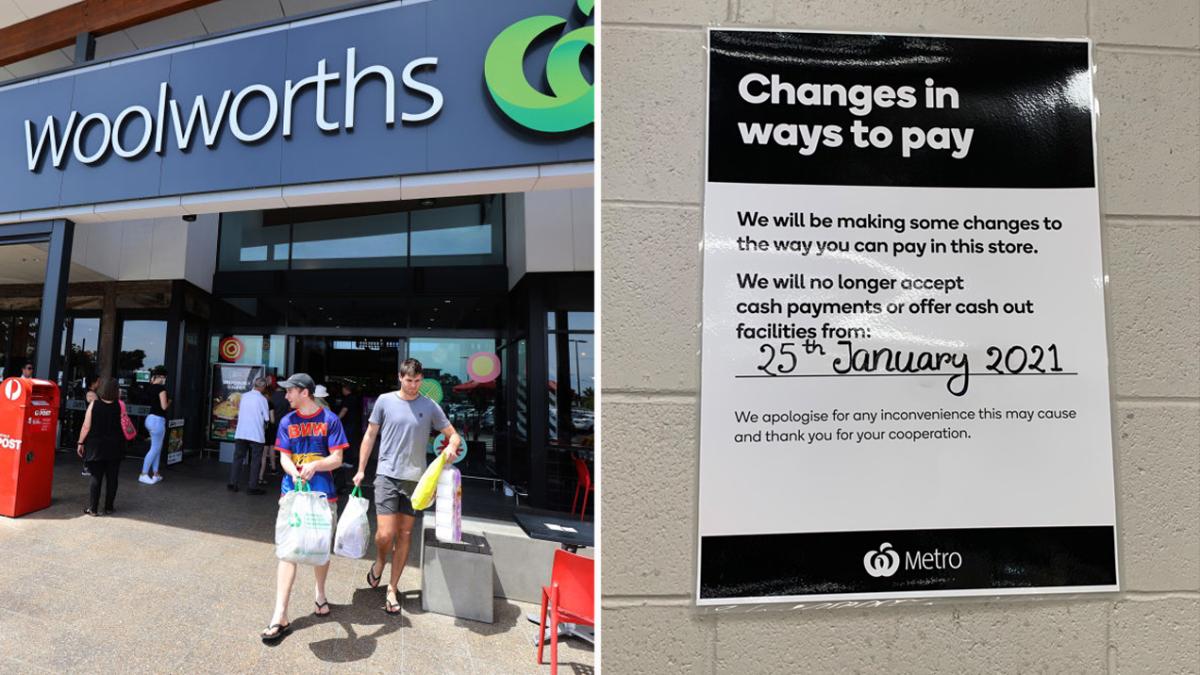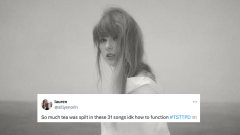
Woolworths are slowly trialing completely cashless stores, but it’s caused debate around what that means for marginalised communities moving forward.
The supermarket chain announced the roll out in July, saying the completely cashless system would apply to 11 Woolworths stores across Melbourne and Sydney. At the time, the decision was met with backlash, as there are many Australians who still rely on cash to pay for their groceries.
Discussion about these cashless stores opened up again today, when Australian writer and broadcaster Benjamin Law took to Twitter to express his concern about the rollouts.
“Hey @woolworths, totally applaud and welcome existing measures to minimise use of cash for public health and safety,” Law wrote.
“But won’t obliterating it altogether unfairly further marginalise some communities (eg. rough sleepers, homeless, sex workers) from accessing essentials?”
Hey @woolworths, totally applaud and welcome existing measures to minimise use of cash for public health and safety.
But won’t obliterating it altogether unfairly further marginalise some communities (eg. rough sleepers, homeless, sex workers) from accessing essentials? @ACOSS pic.twitter.com/YVdExc4h70
— Benjamin Law 羅旭能 (@mrbenjaminlaw) January 17, 2021
People in the replies were quick to point out how paying with cash is the only option for some, especially if they don’t have a bank account, or aren’t able to use one for safety reasons.
@woolworths this is a genuinely horrific idea. As a kid, I hid the money my grandma snuck me in order to buy essentials, like pads and tampons, that my mentally ill mother refused to buy for me. I had to pay cash, it was my only choice. For others it’s their only option.
— Belinda, maker of ruckus ????️????✝️ (@BelindaJoy79) January 17, 2021
Ben continued: “And yep, folks in the replies are right. Prevents seniors, kids, precarious workers and people waiting for next support payment from accessing essentials,
@woolworths. Not only discriminatory but dangerous for an essential service.”
After gaining a fair bit of traction online, Woolworths replied with a fairly stock-standard PR response.
Sorry but that’s unacceptable. A trial might make good business sense for you and shareholders, but is an experiment that prevents people accessing the essentials they need.
— Benjamin Law 羅旭能 (@mrbenjaminlaw) January 17, 2021
Woolworths has previously said that the justification behind this decision was that these Metro stores experienced very little cash transactions. However, while economical, what it fails to recognise is the many disadvantaged people who live in metro areas (like the homeless) that will be affected.







